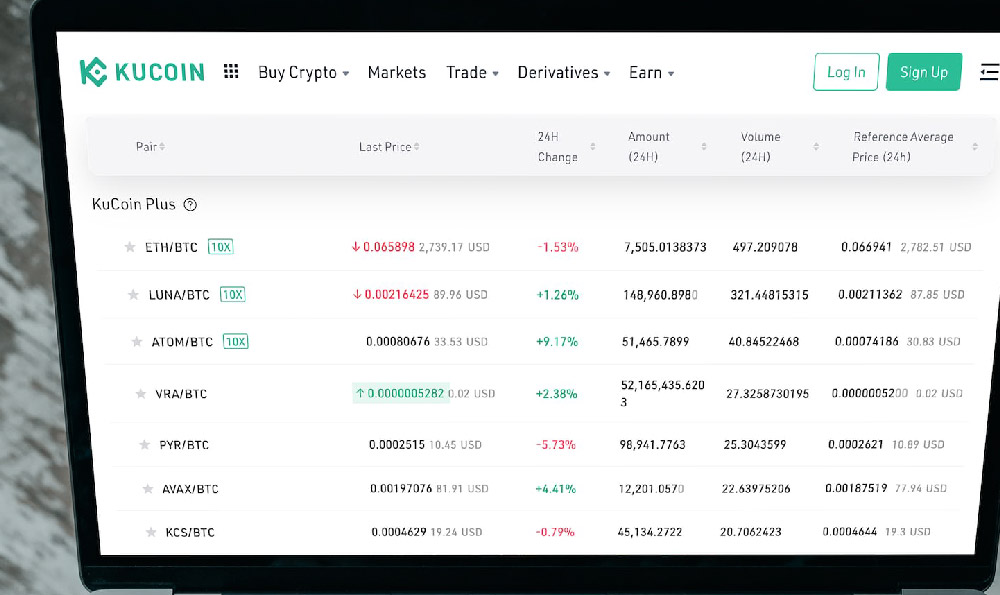Bitstamp in Washington: Navigating the Crypto Landscape with Caution
The allure of cryptocurrency continues to captivate investors worldwide, with platforms like Bitstamp offering a gateway to this decentralized realm. However, the question of whether Bitstamp constitutes a "legit" exchange or a "risky bet," particularly within the regulatory framework of Washington state and the broader US landscape, demands a nuanced exploration.
Understanding Bitstamp: A Brief Overview

Bitstamp, one of the older cryptocurrency exchanges, has built a reputation for its focus on security and regulatory compliance, particularly in Europe. Founded in 2011, it boasts a history of weathering market volatility and evolving regulatory pressures, providing trading services for a range of cryptocurrencies, including Bitcoin, Ethereum, and Litecoin. The exchange provides tools for both novice and advanced traders, incorporating features like market orders, limit orders, and stop-loss orders. Its commitment to transparency, including regular audits and public disclosure of its reserves, has contributed to building trust within the crypto community.
Washington State: A Proving Ground for Crypto Exchanges
Washington state presents a unique regulatory environment for cryptocurrency exchanges. It has adopted a more stringent approach compared to some other US states, requiring businesses dealing with virtual currency to obtain a money transmitter license. This licensing requirement entails a thorough application process, demonstrating robust cybersecurity protocols, anti-money laundering (AML) compliance, and adequate capital reserves. The stringent framework is designed to protect consumers and deter illicit activities, making Washington a challenging but important market for crypto exchanges to navigate.
Bitstamp's Compliance Efforts in the US
Bitstamp has actively pursued regulatory compliance in the United States, recognizing the importance of operating within the established legal frameworks. While obtaining licenses state-by-state is a complex and time-consuming process, Bitstamp has demonstrated a commitment to adhering to the requirements set forth by regulators like the Washington State Department of Financial Institutions. The exchange emphasizes its AML and Know Your Customer (KYC) procedures, which are crucial for preventing the use of cryptocurrencies for illicit purposes. These procedures involve verifying the identities of users, monitoring transactions for suspicious activity, and reporting any potential violations to the appropriate authorities.
The "Legit" Exchange Argument: Security and Regulation
Several factors contribute to the argument that Bitstamp is a legitimate cryptocurrency exchange. First, its longevity in the market suggests a certain degree of stability and resilience. Unlike some fly-by-night operations, Bitstamp has survived multiple market cycles, demonstrating its ability to adapt to changing conditions. Second, its emphasis on security measures, including cold storage of a significant portion of its digital assets and multi-factor authentication for user accounts, reduces the risk of hacking and theft. Third, its commitment to regulatory compliance, as evidenced by its efforts to obtain licenses and implement AML/KYC procedures, signals a willingness to operate within established legal boundaries. This proactive approach contrasts sharply with exchanges that attempt to skirt regulations or operate in legal gray areas.
The "Risky Bet" Argument: Crypto Volatility and Market Dynamics
Despite its compliance efforts and security protocols, investing in cryptocurrency through any exchange, including Bitstamp, inherently involves risks. The cryptocurrency market is known for its extreme volatility, with prices capable of fluctuating dramatically in short periods. This volatility can be influenced by a range of factors, including regulatory announcements, technological developments, and market sentiment. Furthermore, the crypto market is relatively nascent, meaning that regulatory frameworks are still evolving, and unforeseen events can have significant impacts. Therefore, while Bitstamp might provide a relatively secure platform, investors must understand that the value of their cryptocurrency holdings can rise and fall dramatically, and there is always a risk of losing money.
Weighing the Pros and Cons: Is Bitstamp Right for You?
The decision of whether to use Bitstamp as a cryptocurrency exchange depends on individual circumstances and risk tolerance. Investors who prioritize security, regulatory compliance, and a longer track record might find Bitstamp an appealing option. However, those who are uncomfortable with the inherent risks of cryptocurrency investing or are seeking the highest possible leverage or trading options might prefer other platforms. It's important to conduct thorough research, understand the fees and trading conditions offered by Bitstamp, and carefully consider your own financial goals and risk appetite before making any investment decisions. Diversification, investing only what you can afford to lose, and seeking professional financial advice are crucial steps in mitigating risk within the crypto market.
Beyond Bitstamp: Best Practices for Crypto Investors
Whether you choose to use Bitstamp or another exchange, certain best practices can help you navigate the crypto landscape more effectively. These include:
- Due Diligence: Thoroughly research any cryptocurrency you are considering investing in, understanding its underlying technology, use case, and potential risks.
- Security Hygiene: Implement strong passwords, enable two-factor authentication, and store your private keys securely.
- Risk Management: Diversify your portfolio, invest only what you can afford to lose, and avoid leverage trading if you are not experienced.
- Staying Informed: Keep up-to-date with the latest news and developments in the cryptocurrency market, including regulatory changes and security threats.
- Using Hardware Wallets: For long-term storage, consider using a hardware wallet, which stores your private keys offline, providing an extra layer of security.
The Future of Crypto Regulation in Washington and Beyond
The regulatory landscape for cryptocurrencies is constantly evolving, both in Washington state and at the federal level in the United States. As the market matures, it is likely that more comprehensive regulations will be implemented, which could impact the operations of cryptocurrency exchanges like Bitstamp. These regulations could cover areas such as consumer protection, anti-money laundering, and cybersecurity. It is essential for investors to stay informed about these developments and understand how they might affect their investments. Exchanges that proactively adapt to regulatory changes and demonstrate a commitment to compliance will be best positioned to thrive in the long term.
Conclusion: Navigating the Crypto Waters with Informed Decisions
Bitstamp, like any cryptocurrency exchange, presents both opportunities and risks. While it has built a reputation for security and compliance, particularly compared to some less regulated platforms, the inherent volatility of the cryptocurrency market remains a significant factor. Investors in Washington state, and elsewhere, should carefully weigh the pros and cons, conduct thorough research, and understand their own risk tolerance before using Bitstamp or any other cryptocurrency exchange. Staying informed, practicing good security hygiene, and diversifying investments are crucial steps in navigating the complex and ever-evolving world of cryptocurrencies. Ultimately, informed decision-making is the key to successfully navigating the crypto waters, regardless of the platform you choose.












